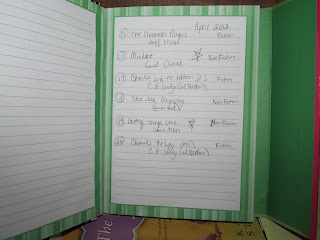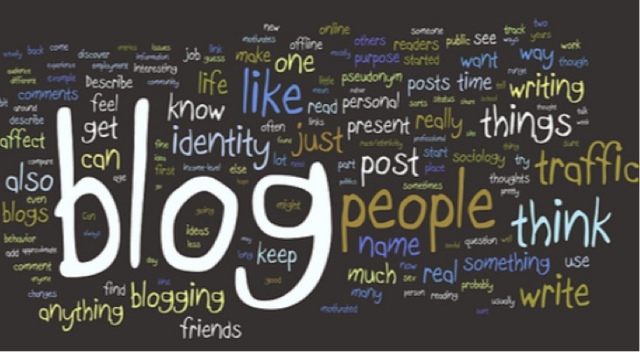I have had the pleasure of learning directly from Regie Routman in her Leadership in Literacy conference twice in the past two years. If you ever have the opportunity to attend a conference/workshop with Regie, I would highly recommend it. While I could write for days about why I have learned from Regie and the impact it has had on our school literacy practices, this post will actually be about how she has impacted my reading.
The first time that I heard Regie, she talked about how important reading is in her life and that she reads a wide variety of books...not just professional education books. I'm not sure why, but that was a shock to me. I spent every spare moment I could reading professional books to improve my practice, but Regie helped me see that I wasn't actually enjoying reading by only reading this type of books. (She also said that it's important to have a life outside of school so that you have interesting things to write about...I'm still working on this one!)
Then she did something that really had an impact on me---she passed around her reading log to share her reading life with us. It was just a simple journal that she used each page to record the books she read for that month. For each book she included the title, author, makes fiction or non-fiction and also marked.a star by it was a great read for her. By logging books in a simple way and each page being month, she could easily see which months she was falling behind on reading (and also which months she traveled a lot since she does a lot of reading while flying). If you want to see what Regie's reading and read more about how and why she started logging her books, you can read it here on her site. I'm sure that my readers know by now that I'm one of those crazy people that is eager to learn and implement right away, so I recorded a few (ok, several) book recommendations that she had starred in her book log and then on my drive home I stopped at the store and bought a nice notebook to start my own reading log journal.
 |
| April 2012 of my reading log |
What have I learned from all of this reading?
- Reading fiction is a big stress relief for me. I enjoy escaping into a good story.
- By keeping a log, it is much easier for me to share book recommendations with others.
- I find myself talking about books with students in the lunch room that I've read, which leads them to talk about books they've enjoyed and then I read their recommended books (the same happens with adults).
- It seems like the more I share my reading, the more teachers in my building are reading.
- I spend a lot of money at amazon ordering books! (I partially blame the #educoach folks on twitter for this!)
After my first year of logging my books, I didn't feel it was enough to model and share my reading with my teachers. In December of 2011, I read The Book Whisperer by Donalyn Miller, which is a MUST read if you have anything to do with teaching literacy. One of the studies she sited in this book found a link between the reading habits of teachers and the reading achievement of their students (Lundberg and Linnakyla, 1993). The take-away from this study is that if we want our students to read and enjoy it for the rest of their lives, then we must show them what a reading life looks like. I decided to take this one step further and do a better job of modeling reading for my teachers. I was already maintaining a staff blog for a weekly memo, so I decided the best avenue would be to start logging my books onto shelfari and then add a widget to my blog so that staff could easily see what I'm reading (you can see my shelfari bookshelf widget on this blog to the right as well). Since doing this, it seems like most of my teachers are reading more--both professionally and for pleasure. It could be that they were reading this much before and it just got them talking about their reading more? Even if that is so, I know that the discussions and book recommendations help build our learning community...impacting our staff and students.





